11 Transformative M&A Deals You Should Care About
The M&A market is expected to heat up this year. Here are 11 noteworthy merger-and-acquisition stories we're following.


Profit and prosper with the best of Kiplinger's advice on investing, taxes, retirement, personal finance and much more. Delivered daily. Enter your email in the box and click Sign Me Up.
You are now subscribed
Your newsletter sign-up was successful
Want to add more newsletters?

Delivered daily
Kiplinger Today
Profit and prosper with the best of Kiplinger's advice on investing, taxes, retirement, personal finance and much more delivered daily. Smart money moves start here.

Sent five days a week
Kiplinger A Step Ahead
Get practical help to make better financial decisions in your everyday life, from spending to savings on top deals.

Delivered daily
Kiplinger Closing Bell
Get today's biggest financial and investing headlines delivered to your inbox every day the U.S. stock market is open.

Sent twice a week
Kiplinger Adviser Intel
Financial pros across the country share best practices and fresh tactics to preserve and grow your wealth.

Delivered weekly
Kiplinger Tax Tips
Trim your federal and state tax bills with practical tax-planning and tax-cutting strategies.

Sent twice a week
Kiplinger Retirement Tips
Your twice-a-week guide to planning and enjoying a financially secure and richly rewarding retirement

Sent bimonthly.
Kiplinger Adviser Angle
Insights for advisers, wealth managers and other financial professionals.

Sent twice a week
Kiplinger Investing Weekly
Your twice-a-week roundup of promising stocks, funds, companies and industries you should consider, ones you should avoid, and why.

Sent weekly for six weeks
Kiplinger Invest for Retirement
Your step-by-step six-part series on how to invest for retirement, from devising a successful strategy to exactly which investments to choose.
2021 could be a strong year of mergers and acquisitions (M&A).
Last year was a strange one for dealmaking. 2020 started out riding the momentum of a robust fourth quarter in 2019, with several deals topping $10 billion or more. But once the COVID-19 pandemic hit, M&A activity dried up as companies of all sizes figured out what needed to be done to keep their businesses liquid.
In the first two months of 2020, the average number of M&A deals per month was 291. That fell to 236 between March and June, before jumping to 379 in the second half of the year. That works out to a monthly average of 317 merger-and-acquisition deals done last year, just slightly behind the 335 transactions done, on average, per month in 2019.
However, Morgan Stanley analysts believe 2021 will be a more fruitful year for M&A action.
"Companies are more comfortable allocating capital now than earlier in the pandemic. M&A remains one of the most attractive ways for them to achieve growth, making 2021 another potentially busy year," says Brian Healy, co-head of Mergers & Acquisitions (Americas) at Morgan Stanley.
With capital costs incredibly low, a rebounding economy post-vaccine and a need to digitize businesses to protect against the next coronavirus, CEOs may feel the need to acquire other companies to meet their growth and operational requirements.
At the same time, stock prices remain relatively overvalued, suggesting that many of the merger-and-acquisition deals in 2021 could be all-stock transactions. Six out of the 10 transactions in this article involve some use of stock. Investors can expect more of the same as we move into summer and fall.
That said, let's take a look at 11 noteworthy M&A deals that investors should be focused on in 2021.
Data is as of May 12.

Canadian Pacific Railway
- Market value: $52.6 billion
- Target company: Kansas City Southern
- Deal value: $25.0 billion
Proponents of free trade will like Canadian Pacific Railway's (CP, $395.06) proposed $25 billion cash-and-stock purchase of Kansas City Southern (KSU). Together, the combined entity will have 20,000 miles of railroad, generate roughly $8.7 billion in annual revenue and employ almost 20,000 people.
The acquisition is the biggest M&A deal so far in 2021. It's also the second-biggest railroad merger ever, only falling behind Berkshire Hathaway's (BRK.B) purchase of Burlington Northern Santa Fe for $26.4 billion in 2010.
Interestingly, it will be the first rail network that connects Canada with the U.S. and Mexico, making Canadian Pacific Kansas City (CPKC) – the new name of the combined railroad – truly North American.
Canadian Pacific will pay $275 a share for KSU stock. That's a 23% premium based on Kansas City Southern's March 19, 2021, closing price. Kansas City Southern's shareholders will receive $90 in cash and 0.489 CP share for each common KSU share held.
CP shareholders will own 75% of the company, with Kansas City Southern shareholders owning the rest.
The combined entity will generate 53% of its freight revenue in Canada, 33% in the U.S. and 14% in Mexico. The companies expect to generate $780 million in annualized synergies within three years of closing the deal in mid-2022.
CP CEO Keith Creel will run Canadian Pacific Kansas City from its global headquarters in Calgary, Alberta.

Apollo Global Management
- Market value: $13.4 billion
- Target company: Athene Holding
- Deal value: $11.0 billion
Alternative asset manager Apollo Global Management (APO, $57.79) announced on March 8 that it would acquire fixed annuity provider Athene Holding (ATH) for $11 billion. The all-stock M&A transaction will see Athene shareholders receive 1.149 shares of Apollo stock for each ATH share held.
Apollo's shareholders will own 76% of the combined entity, with Athene's shareholders owning the rest. Apollo launched Athene in 2009. APO currently owns 35% of the retirement services company.
In 2020, Apollo Global Management stepped in to help keep struggling businesses afloat that suffered during the pandemic. In this regard, the merger has many suggesting the combined entity is the new Berkshire Hathaway, which gave an assist to companies during the 2008 financial crisis.
"No one has done what we are doing," says Marc Rowan, who will become CEO of the combined businesses, discussing the merits of the M&A deal. "Yes, there are elements of Berkshire Hathaway… but we are doing something in our own way with our own strategy and with our own rationale."
Apollo will move to a single class of voting stock with equal rights for each share as part of the transaction. The combined entity will have a pro forma market cap of $29 billion, likely qualifying it for inclusion in the S&P 500 Index.
It plans to pay an annual dividend of $1.60 per share, increasing it based on growth in the business.
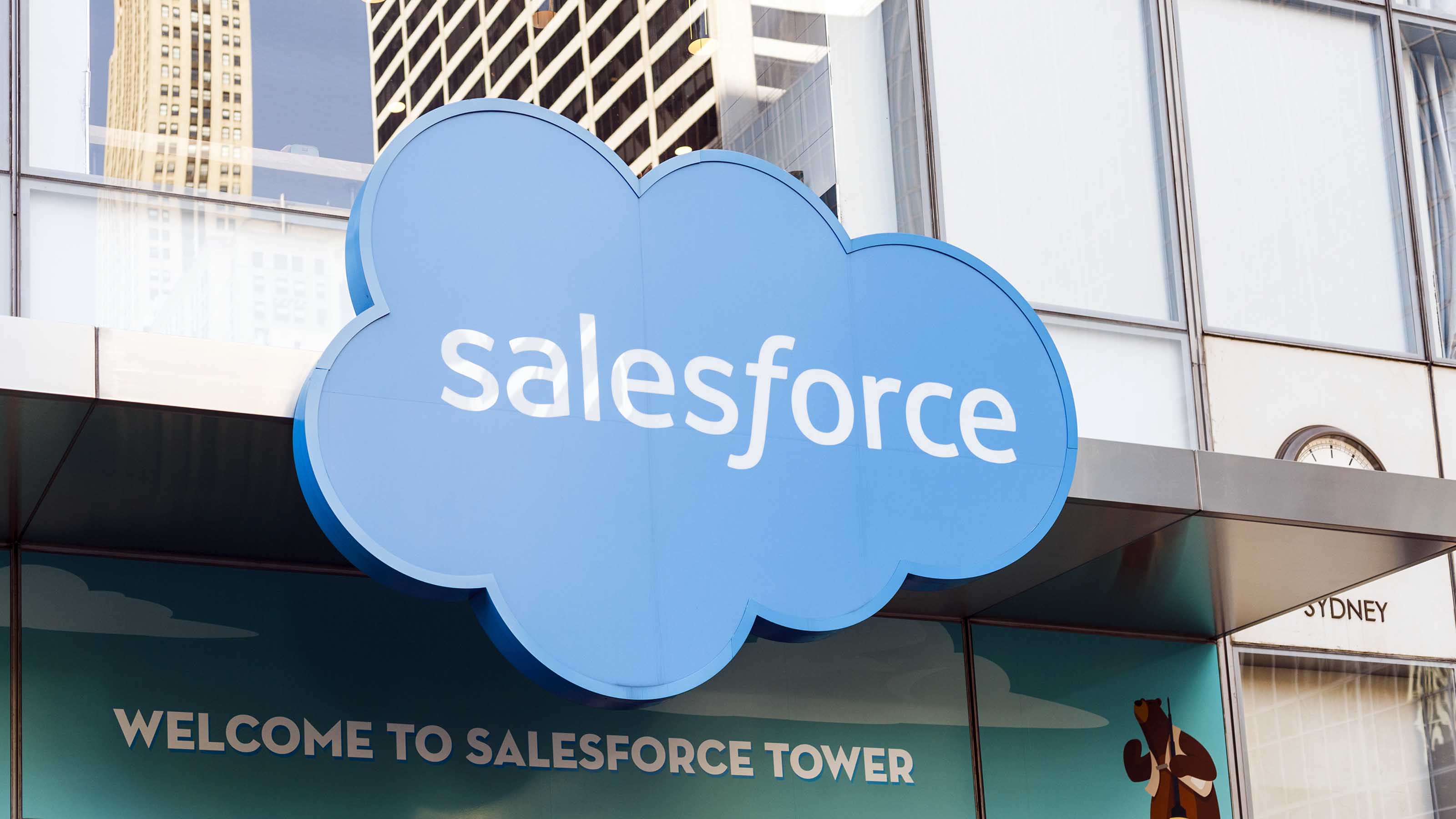
Salesforce.com
- Market value: $198.8 billion
- Target company: Slack Technologies
- Deal value: $27.7 billion
Slack Technologies (WORK) shareholders got an early Christmas present last December when Marc Benioff-led Salesforce.com (CRM, $215.56) swooped in and offered to buy the enterprise communication platform company for $27.7 billion.
The cash-and-stock transaction sees Slack shareholders receive $26.79 in cash and 0.0776 share of CRM stock for each WORK share held. Salesforce's offer represents a 54% premium to Slack's share price before news of the merger and acquisition began to circulate last fall.
Salesforce is buying Slack to integrate its communication platform into its existing suite of cloud-based sales-related software. Together, it will provide the companies with a more well-rounded set of tools for serving their end-user customers.
"Together, Salesforce and Slack will shape the future of enterprise software and transform the way everyone works in the all-digital, work-from-anywhere world," said Benioff in a statement about the proposed transaction.
While Benioff has executed more than 60 acquisitions over the past 21 years, the Slack purchase is Salesforce's largest ever. The marriage gives CRM a leg up in its fight against Microsoft. And Slack will now have greater resources to go head-to-head with Microsoft Teams.
Benioff would like to see Salesforce.com's revenue hit $35 billion by fiscal 2024. The addition of Slack should add more than $1 billion in annual revenue by 2022.
CRM expects the transaction to close by July.
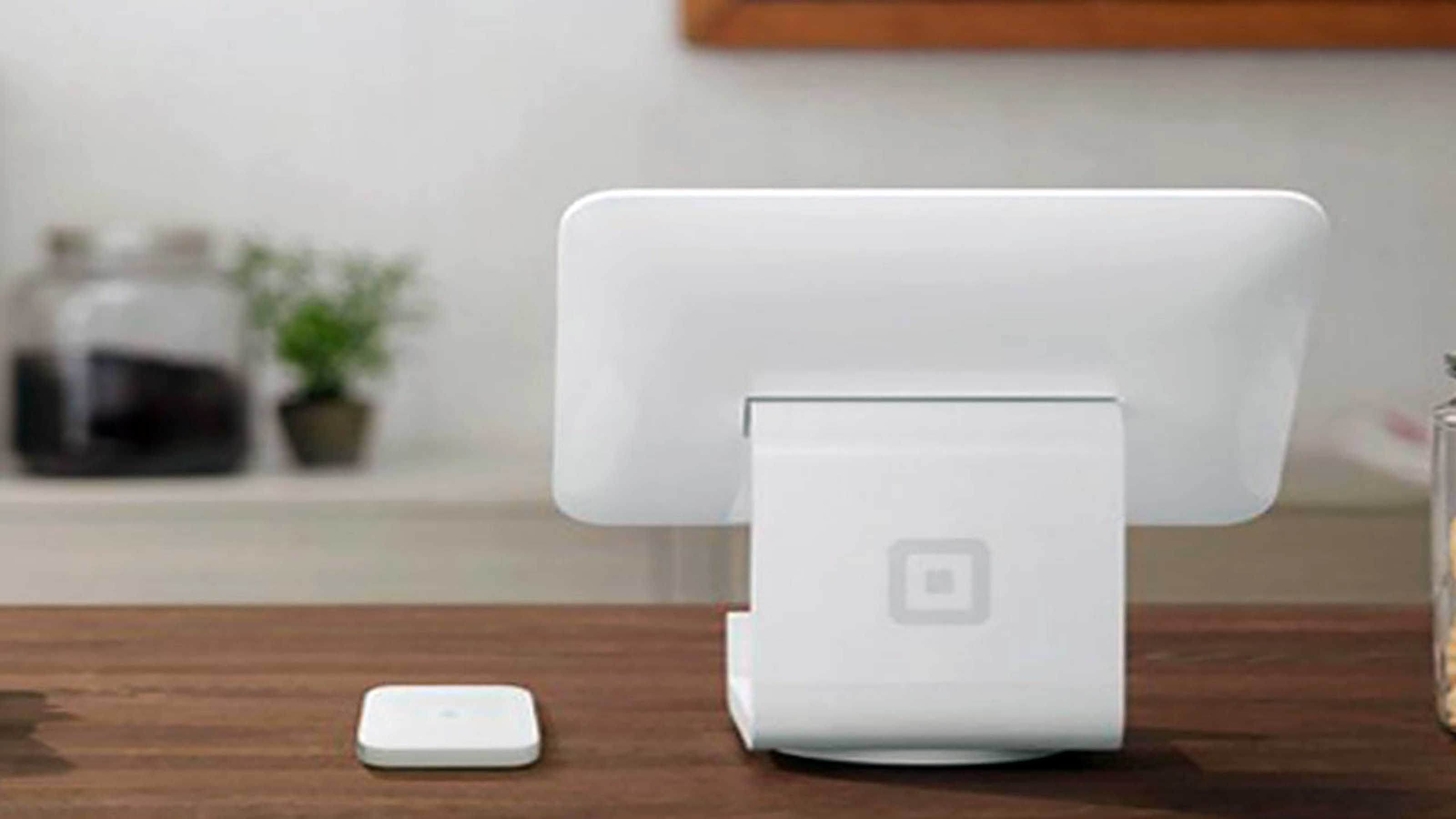
Square
- Market value: $100.5 billion
- Target company: Tidal
- Deal value: $302.0 million
M&A news that Square (SQ, $220.65) was buying a piece of Tidal, the music-streaming service owned by business mogul Jay-Z, first surfaced in December. On March 4, it became official with Square announcing that it would pay $297 million in cash and stock for majority control of Tidal, and in late April, the deal closed at a final price of $302 million.
Tidal will operate independently alongside Square's Seller and Cash App ecosystems, and Jay-Z will join Square's board. SQ does not expect Tidal to make an impact on sales or profits in 2021.
CEO Jack Dorsey believes that Square's entrepreneurial tools will help musicians support their work.
"I said from the beginning that Tidal was about more than just streaming music, and six years later, it has remained a platform that supports artists at every point in their careers," Jay-Z stated in the press release announcing the deal.
"Artists deserve better tools to assist them in their creative journey. Jack and I have had many discussions about Tidal's endless possibilities that have made me even more inspired about its future."
Jay-Z, whose real name is Shawn Carter, bought Tidal in early 2015 for $56 million.
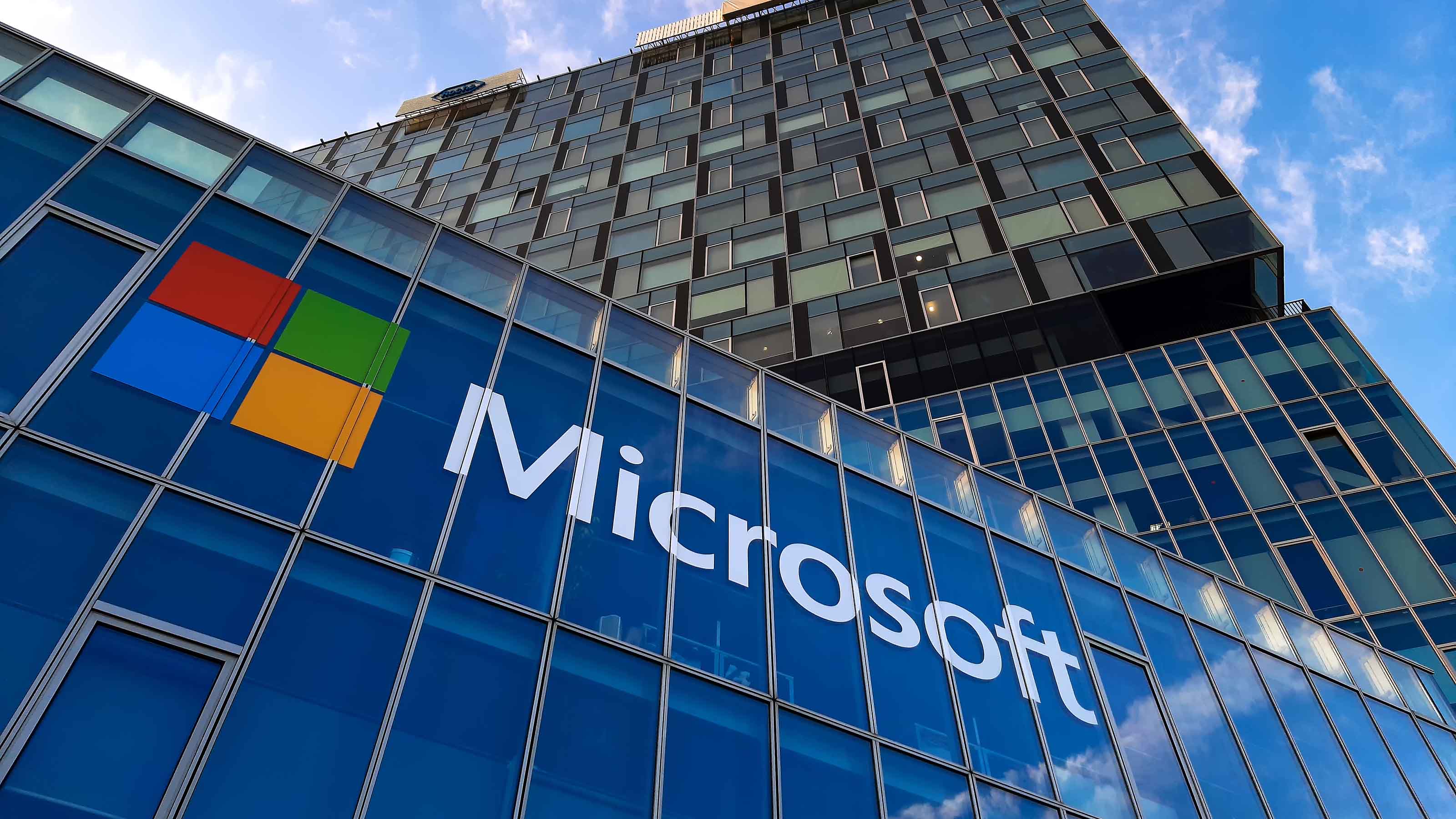
Microsoft
- Market value: $1.8 trillion
- Target company: ZeniMax Media
- Deal value: $7.5 billion
The M&A approval process began in September with the announcement Microsoft (MSFT, $246.23) would acquire ZeniMax Media for $7.5 billion in cash. ZeniMax Media is the parent company of Bethesda Softworks, one of the world's largest privately owned developers of video games. Its franchise includes The Elder Scrolls and Fallout.
It ended March 8 after the European Union gave its blessing to Microsoft's bid for the gaming company. The deal brings Xbox's first-party games studios to 23, 10 more than Sony (SONY).
Bethesda's management will continue to operate the gaming business as a separate unit at Microsoft, just as LinkedIn and GitHub do.
Some consumers are worried the deal will reduce Bethesda games' availability on platforms other than Xbox. However, Xbox chief Phil Spencer maintains that the Xbox Game Pass subscription service launched in 2017 has virtually eliminated the need for exclusivity.
Both Microsoft and Bethesda believe that the most important part of Game Pass is providing gamers the opportunity to play whatever they want, wherever they want, whether it's on a console, PC, smartphone or anywhere else people play video games.

Snap
- Market value: $81.2 billion
- Target company: Fit Analytics
- Deal value: $124.4 million
Snap (SNAP, $53.29), the owner of social media platform Snapchat, confirmed on March 17 that it would buy Fit Analytics, a Berlin-based startup whose technology helps online shoppers find proper sizing for apparel and footwear purchases.
Also, the technology provides brands such as North Face and Patagonia with personalization tools and analytics to increase their e-commerce sales. More than 18,000 retailers already use Fit Analytics' technology.
"Our main focus going forward will be to scale the Fit Analytics business and work with Snap to grow their shopping platform, leveraging our technology and expertise," says Sebastian Schulze, co-founder and CEO of Fit Analytics. "Our teams will be jointly executing on next-gen shopping, fashion and style offerings."
The M&A move for SNAP seems to keep up with Pinterest (PINS) and Amazon.com in the rapidly growing "social shopping" segment of the e-commerce market. Snap CEO Evan Spiegel stated in the company's fourth-quarter 2020 conference call that there is a huge opportunity to innovate in e-commerce. No longer is online retail only about price and convenience. It's also about the experience.
Mergers and acquisitions such as scooping up Fit Analytics will help Snap deliver for its 265 million daily active users (DAUs). Investors should expect further purchases in this area in the future.
Originally called UPcload, Fit Analytics got its start in 2011.
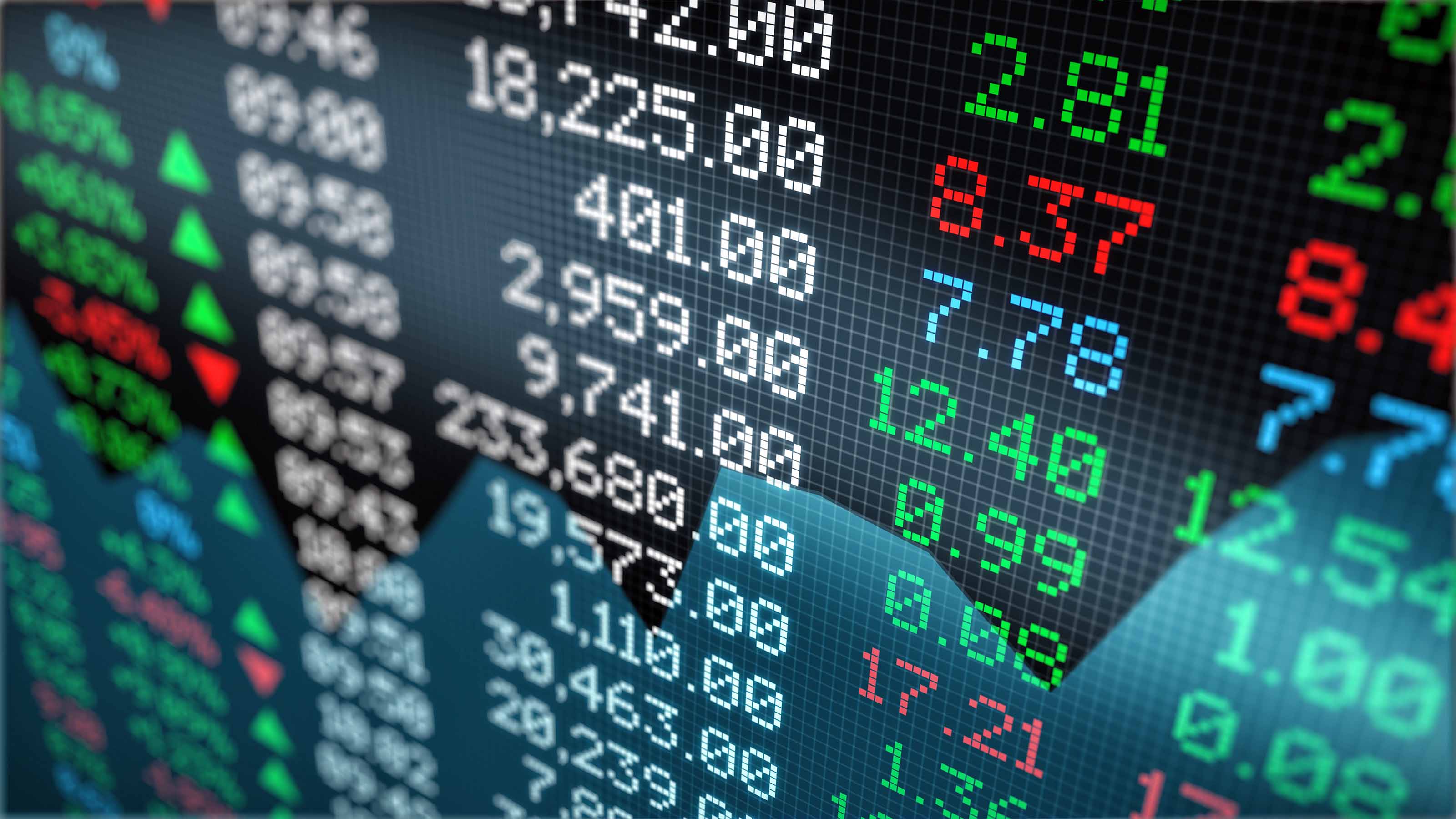
S&P Global
- Market value: $91.5 billion
- Target company: IHS Markit
- Deal value: $44.5 billion
IHS Markit (INFO) announced on March 11 that its shareholders voted overwhelmingly to approve its sale to S&P Global (SPGI, $379.67) for $39 billion in equity and the assumption of $4.8 billion in debt.
The all-stock transaction will see stockholders receive 0.2838 SPGI share for every one held in INFO. SPGI shareholders will own 67.75% of the combined entity with IHS Markit shareholders owning the rest.
As a result, 76% of the combined company's $11.6 billion in estimated pro forma revenue will be recurring in nature, growing between 6.5% and 8% annually. On the bottom line, it expects to generate an additional 200 basis points of margin to its EBITA (earnings before interest, taxes and amortization) profit.
As for cost- and revenue-synergies, the new firm expects to find $830 million annually, which works out to an additional $680 million in EBITA. By 2023, SPGI expects to generate more than $5 billion in free cash flow, returning up to 85% of it through dividends and share repurchases.
The U.S. Department of Justice (DOJ) is likely to take a close look at the merger and acquisition despite the fact the two companies' businesses don't overlap too much.
On March 10, the DOJ made what's known as a second request to both SPGI and INFO. It's merely a request for more information. The parties continue to believe the merger will be completed at some point in the second half of 2021.
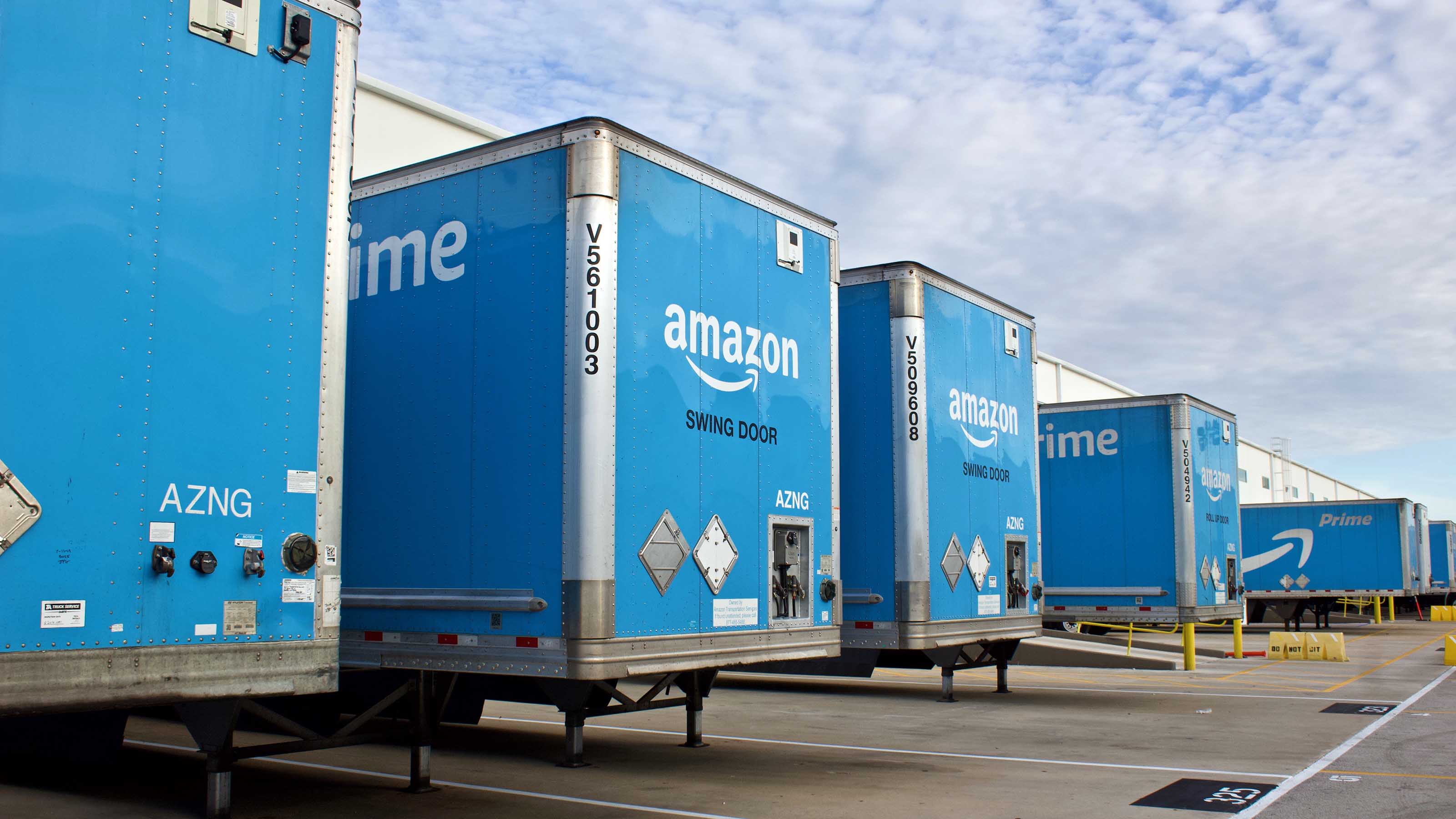
Amazon.com
- Market value: $1.6 trillion
- Target company: Wondery
- Deal value: $300.0 million (estimate only)
On the second to last day of 2020, Amazon.com (AMZN, $3,223.91) announced that it would buy innovative podcast publisher Wondery. Although no terms for the M&A activity were disclosed, The Wall Street Journal reported in early December that AMZN was in talks to buy Wondery for $300 million, possibly more.
AMZN believes that the addition of Wondery will add to Amazon Music's customer experience. The company's music platform only launched podcasts last September, and the acquisition of Wondery should accelerate its growth in this area.
Wondery's top-rated podcasts include Dirty John, Business Wars and The Shrink Next Door.
Investors might be aware of Amazon's growing advertising revenues. Analysts estimate that they'll grow to $26.1 billion this year and to $85.2 billion by 2026. According to Podtrac, Wondery is the fourth-largest U.S. podcast publisher with more than 10 million unique listeners every month.
There are several ways that Amazon.com can monetize its podcasts. One of them is through targeted advertising. Another could be to add a subscription offering that eliminates ads.
Any way you slice it, AMZN didn't buy Wondery because it loves its podcasts. It bought Wondery because it can help it continue to build the Amazon Prime ecosystem.
Amazon had $26 billion in free cash flow at the end of 2020. The company's acquisition of Wondery was a drop in the bucket from a monetary perspective, but oh, so strategic.

Apollo Global Management
- Market value: $13.4 billion
- Target company: Michaels Companies
- Deal value: $5.0 billion
One of the areas in which Apollo Global Management excels is private equity. That's why you're seeing it on this list a second time. The first transaction with Athene Holding is more of a traditional merger and acquisition. In contrast, the agreement to purchase Michaels Companies for $3.3 billion in equity and the assumption of $1.7 billion in debt is part of its job as a private equity investor.
Apollo paid $22 per share to acquire Michaels, a 47% premium to its share price the day before speculation appeared in the media about the purchase.
APO's private equity division has acquired more than 150 companies since its inception. It currently has $81 billion in assets under management (AUM) with its latest private equity fund, Fund IX, raising $24.7 billion in commitments from limited partner investors.
Some of Apollo's current investments in the consumer and retail area include Qdoba, the second-largest Mexican fast-casual restaurant in America. It also owns The Fresh Market, a North Carolina-based chain of gourmet grocery stores. Michaels joined this portfolio in mid-April.
Michaels reported fourth-quarter and full-year results in early March. In fiscal 2020, the craft store had revenues of $1.92 billion, same-store sales growth of 4.8% and adjusted net income of $347.0 million – the latter 7.2% higher than a year earlier.
APO is likely to ratchet up growth and then take it public in the next 3-5 years.

Fintech Acquisition Corp. V
- Market value: $384.9 million
- Target company: eToro
- Deal value: $9.6 billion
While Robinhood has filed confidentially with the U.S. Securities and Exchange Commission (SEC) to go public through a traditional initial public offering (IPO), Israeli rival eToro has chosen to go a different route through an M&A with special purpose acquisition company (SPAC) Fintech Acquisition Corp. V (FTCV, $11.26).
The merger values the combined businesses at $9.6 billion. Institutional investors such as Fidelity and Third Point will commit $650 million in additional investment to the deal. Post-merger, eToro will have $800 million in net cash on its balance sheet to fund future growth.
In 2020, eToro had $605 million in revenue, and it added more than 5 million users to its social investment network. It now has more than 1.2 million funded accounts. The company plans to launch U.S. stock trading in the second half of this year.
As a result of the merger, eToro shareholders will own 91% of the combined entity. The SPAC sponsor and shareholders and investors in the private placement will hold the rest.
eToro was founded in 2007. Its social trading network got its start three years later, introducing Bitcoin onto its platform in 2013. In 2008, eToro had just 174,000 registered users. Today, that's close to 19 million.
It estimates that the total addressable market for equities globally is $78 trillion, with digital platforms such as eToro accounting for just 20%.
FTCV shareholders must approve the combination before the merger can be completed.

AerCap Holdings
- Market value: $7.3 billion
- Target company: GE Capital Aviation Services (GECAS)
- Deal value: $30 billion
No one can accuse General Electric (GE) CEO Larry Culp of sitting on his hands since taking over the top job in October 2018. Since then, he's been remaking the industrial conglomerate, opting to focus on a few things it does well.
His latest imprint on the company was the March 12 announcement that GE was selling its aircraft leasing business to AerCap Holdings (AER, $55.99) for $30 billion. The deal allows GE to focus on its power, renewable energy, aviation and healthcare businesses.
In addition to receiving $24 billion in cash from AerCap, GE will own 46% of the combined entity of AER and GECAS. The aircraft leasing business is a part of GE Capital. Once the sale is completed, GE Capital will be folded into GE, and will no longer operate as a separate unit.
GE plans to use the proceeds along with existing cash to reduce its debt by $30 billion. That's 40% of its current debt. Since Culp's arrival, including its latest plans, GE will have cut its debt by more than $70 billion.
It will take a $3 billion non-cash charge in its first quarter of 2021 due to the M&A transaction.
The AerCap/GECAS combination creates an aircraft leasing behemoth that will use its scale to reduce its cost of capital while maintaining a diversified portfolio of customers. While it's likely to face intense scrutiny from regulators, the impact of COVID-19 and a flood of new aircraft-leasing firms in the last 10 years might soften their outlook on such a merger.
Profit and prosper with the best of Kiplinger's advice on investing, taxes, retirement, personal finance and much more. Delivered daily. Enter your email in the box and click Sign Me Up.

Will has written professionally for investment and finance publications in both the U.S. and Canada since 2004. A native of Toronto, Canada, his sole objective is to help people become better and more informed investors. Fascinated by how companies make money, he's a keen student of business history. Married and now living in Halifax, Nova Scotia, he's also got an interest in equity and debt crowdfunding.
-
 Ask the Tax Editor: Federal Income Tax Deductions
Ask the Tax Editor: Federal Income Tax DeductionsAsk the Editor In this week's Ask the Editor Q&A, Joy Taylor answers questions on federal income tax deductions
-
 States With No-Fault Car Insurance Laws (and How No-Fault Car Insurance Works)
States With No-Fault Car Insurance Laws (and How No-Fault Car Insurance Works)A breakdown of the confusing rules around no-fault car insurance in every state where it exists.
-
 7 Frugal Habits to Keep Even When You're Rich
7 Frugal Habits to Keep Even When You're RichSome frugal habits are worth it, no matter what tax bracket you're in.
-
 Stocks Sink With Alphabet, Bitcoin: Stock Market Today
Stocks Sink With Alphabet, Bitcoin: Stock Market TodayA dismal round of jobs data did little to lift sentiment on Thursday.
-
 Nasdaq Slides 1.4% on Big Tech Questions: Stock Market Today
Nasdaq Slides 1.4% on Big Tech Questions: Stock Market TodayPalantir Technologies proves at least one publicly traded company can spend a lot of money on AI and make a lot of money on AI.
-
 Nasdaq Drops 172 Points on MSFT AI Spend: Stock Market Today
Nasdaq Drops 172 Points on MSFT AI Spend: Stock Market TodayMicrosoft, Meta Platforms and a mid-cap energy stock have a lot to say about the state of the AI revolution today.
-
 S&P 500 Tops 7,000, Fed Pauses Rate Cuts: Stock Market Today
S&P 500 Tops 7,000, Fed Pauses Rate Cuts: Stock Market TodayInvestors, traders and speculators will probably have to wait until after Jerome Powell steps down for the next Fed rate cut.
-
 S&P 500 Hits New High Before Big Tech Earnings, Fed: Stock Market Today
S&P 500 Hits New High Before Big Tech Earnings, Fed: Stock Market TodayThe tech-heavy Nasdaq also shone in Tuesday's session, while UnitedHealth dragged on the blue-chip Dow Jones Industrial Average.
-
 Dow Rises 313 Points to Begin a Big Week: Stock Market Today
Dow Rises 313 Points to Begin a Big Week: Stock Market TodayThe S&P 500 is within 50 points of crossing 7,000 for the first time, and Papa Dow is lurking just below its own new all-time high.
-
 Nasdaq Leads Ahead of Big Tech Earnings: Stock Market Today
Nasdaq Leads Ahead of Big Tech Earnings: Stock Market TodayPresident Donald Trump is making markets move based on personal and political as well as financial and economic priorities.
-
 11 Stock Picks Beyond the Magnificent 7
11 Stock Picks Beyond the Magnificent 7With my Mag-7-Plus strategy, you can own the mega caps individually or in ETFs and add in some smaller tech stocks to benefit from AI and other innovations.
